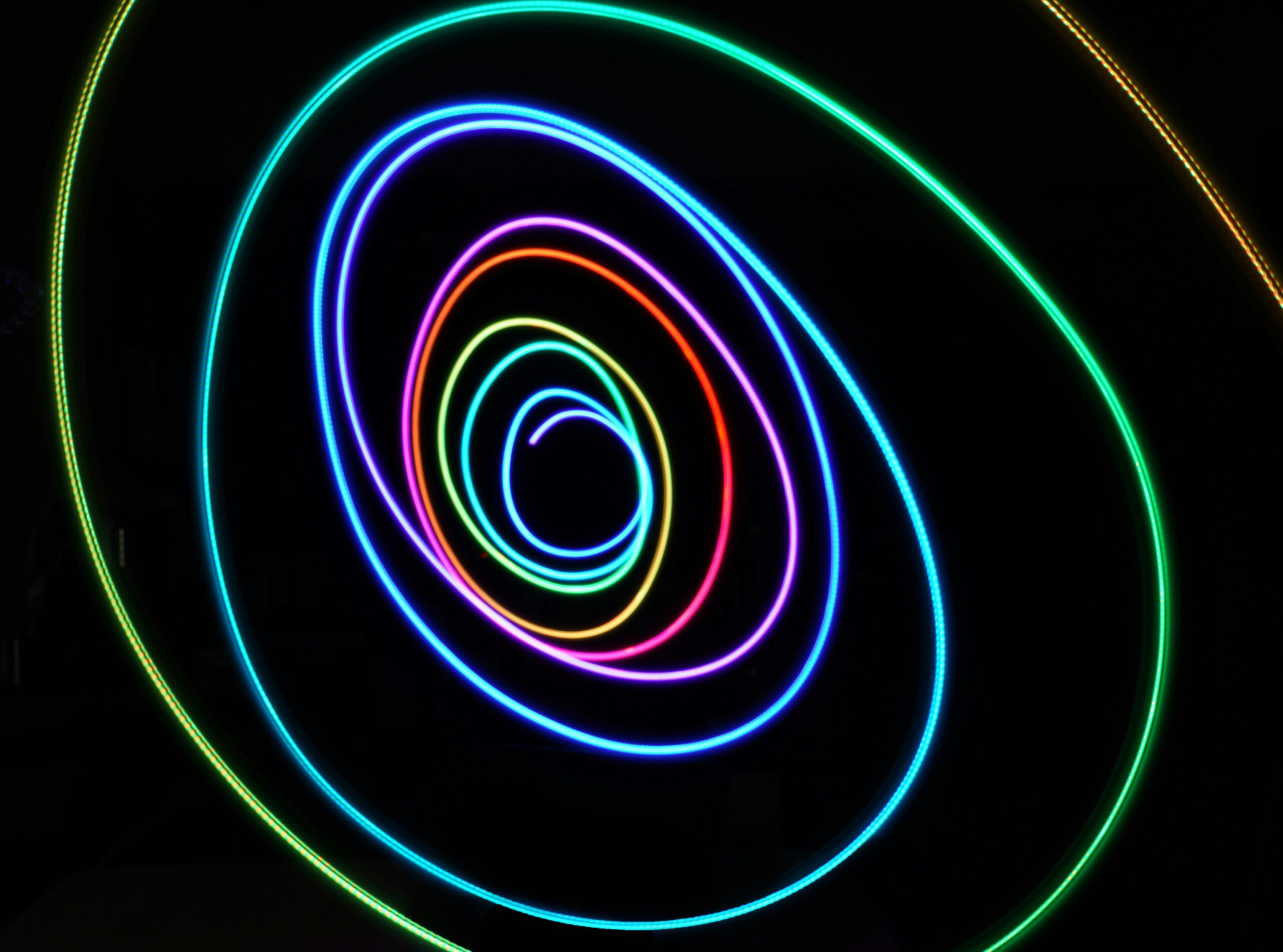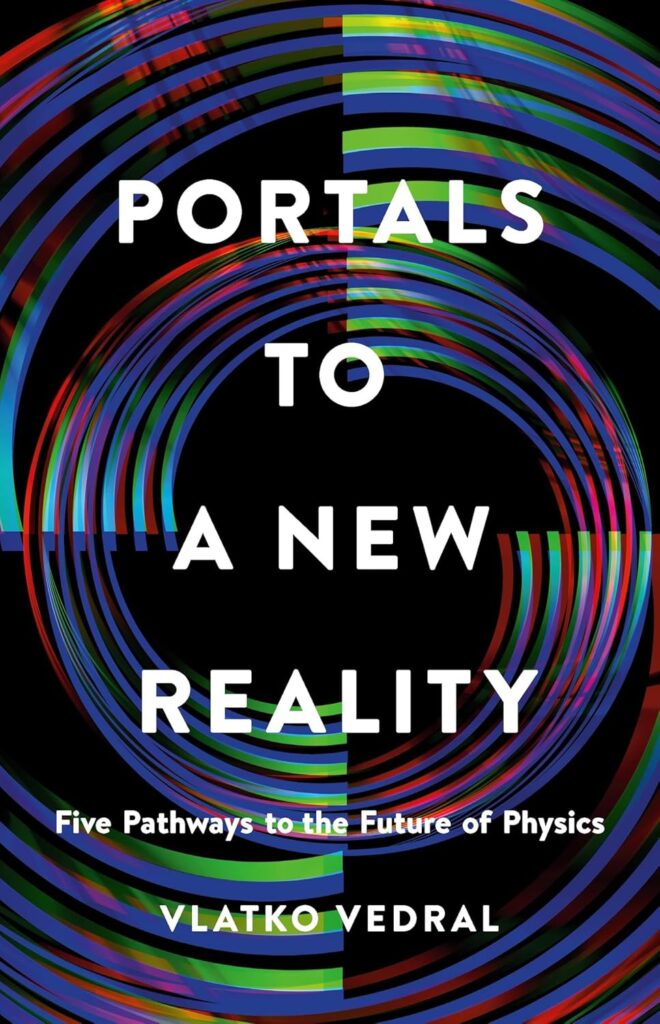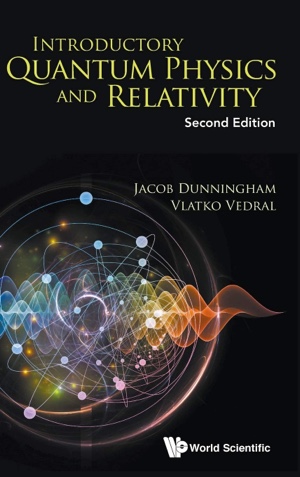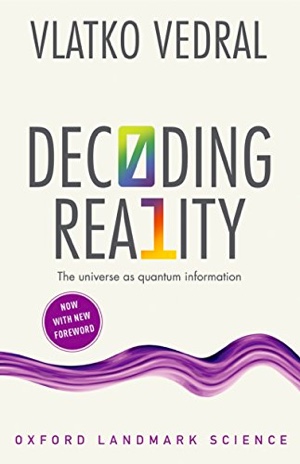The Physics of Consciousness
(It’s relativity, stupid)
No one knows what consciousness is and how (or even if) the brain produces it. I’ve written about this before and I have to admit straight up that I am as clueless as anybody. I do have intuitions (just like anybody else) and it seems to me that some views of consciousness are closer to being right than others. For instance, I don’t believe in panpsychism. I don’t think that there is such as thing as universal cosmic consciousness that predates everything else. I am more on the side of apsychism (a term I invented – I hope it catches on): nothing is conscious, not even us. Our brain just simulates some special effects that we collectively label as being conscious.
As soon as you mention physics in the same sentence as consciousness, it’s quantum physics that immediately comes to mind. Why quantum physics? Presumably because consciousness seems to have some features, such as being singular, yet delocalized, that resemble quantum traits like entanglement. (Parallels like this are, at least in my view, mistaken because any classical field would also be able to achieve the degree of delocalization potentially required for consciousness.)
Another point is, and this was emphasized by David Bohm, that the thinking process appears to obey a kind of an uncertainty principle akin to Heisenberg’s uncertainty. How so? Well, when we are making up our mind as to what to do next (say what to eat for dinner), we follow several paths in a seemingly dreamlike manner, not being aware of the details of each of the roads explored. Finally, a definite decision is made (e.g., “I will have chicken for dinner”), which resembles an outcome of a quantum interference process where several paths enfolded simultaneously, only to arrive at one definitive outcome. Once you are aware of a definite thought, you can no longer think laterally; equally, when you are thinking laterally, you cannot be aware of definite thoughts.
But there are even more sophisticated arguments than these. Roger Penrose, for instance, starts by claiming that thinking is not a computation. This is in itself a huge claim since it is by no means clear that computers cannot simulate our brains (though the current AI clearly doesn’t). Next, Penrose says that even quantum computers could not implement the human thinking which motivates him to look for a solution going beyond quantum physics. In fact, it is in the collapse of quantum superpositions, which for Penrose is an incomputable process, that he sees the origins of consciousness. He even has a speculation about the physical location – namely, the microtubules in the brain cells – that are responsible for running consciousness by collapsing quantum physics.
But my readers will be aware of the fact that, in contemporary physics, we need two very different theories to describe the universe. Quantum physics does a phenomenal job in the microdomain (though I have been arguing we should take it seriously in the macro domain too). General relativity is equally precise in the macro domain, including the universe as a whole. However, the two theories have not yet been unified. I’ve written a great deal speculating on how the unification might happen (and my forthcoming book is all about that).
But for now, back to consciousness. When we talk about the physics of the mind, why do we always talk about quantum physics and never about general relativity? Some people would sarcastically reply that it’s because quantum physics is weird and sexy. Quantum is magic, while General relativity belongs to the realm of boring old classical physics. There is some grain of truth in this.
However, even though I am a quantum physicist, I must admit that for me General Relativity is equally cool, counterintuitive and – mathematically – stunningly beautiful; every bit so as quantum physics. And a few days ago, I was blown away by the paper by Nir Lahav and Zachariah A. Neemeh. It’s titled “A Relativistic Theory of Consciousness”. Finally, here are a couple of physicists who think that relativity will offer us better (or at least additional) insights into the phenomenon of consciousness than quantum physics.
How does relativity explain consciousness? Well, it doesn’t explain it, but it suggests that the degree of consciousness is a relative concept – relative to the observer – in the same way that the electric and magnetic fields are in relativity. Namely, a stationary charge with respect to you produces only an electric field. However, if someone is moving with respect to your frame, for them, the charge would appear to be moving and a moving charge produces a magnetic field. Therefore what I perceive to be the electric field only, you – a different observer – might well see as a combination of the electric and magnetic fields.
Lahav and Neemeh claim the same about consciousness. I appear to myself fully conscious. I have thoughts, feelings, self-awareness and all the other things that come with it. However, when I analyse another person, I can never conclude that they are conscious in the same way as I am. I cannot feel what they feel internally. I could talk to them, listen to their replies, and observe their behaviour, but ultimately all I will be able to conclude is that they *appear* to be conscious. However, I will never be able to demonstrate that they are not just simulating being conscious (just like passing the Turing test). I can even monitor their brain waves, follow all the electrical signals down their neural circuitry inside their head, to the point of being able to map all that to their own responses and behaviour. A full mathematical theory of how they will behave based on the physics of the brain. And yet, none of this understanding on my part can ever prove to me that they are not just zombies pretending to be conscious by running a clever algorithms just like ChatGPT does. So, being conscious and being a zombie are like the electric and the magnetic fields – they are observer-dependent.
But, why is the degree of consciousness a relative concept? Clearly it is nothing to do with the relativity in physics, which is all about how observers undergoing different motions see things around them. The authors answer that this is because different perspectives have different measurements available to them. Here is what they have to say about this: “Different kinds of measurements give rise to different properties. While our sensation subsystem can only directly measure a physical substrate via measurement devices like the retina, the perceptual and cognitive subsystems directly measure only the roles and relations of representations within their subsystems and cannot directly measure the physical substrate serving as the referent of their representations (that’s why in the equations that describe the dynamics of the perceptual and cognitive subsystems, the inputs are representations and not the physical substrate of the representations, while in the sensation system the inputs are the physical substrates themselves like light or sound waves). From these different kinds of measurements different kinds of properties arise.“ There you have it. Unlike in Einstein’s relativity, where all the observers have all the physical measurements available to them, here in the “mind relativity”, this is not so, which is what creates the difference in the perspectives.
Of course, this theory does not explain how it is that we are conscious of being conscious, in other words how the representations are created and manipulated internally. But the authors believe, and I fully agree with them, that one day we will have an explanation of this too. We will know how the perceptual and cognitive systems operate, how they encode, process and interpret information. There will be a theory of this kind and it will be just like any other theory we have in science.
Now, my hunch is that it’s only when we have such an understanding, would we be able to design an AI that thinks like we do. Some people call that an AGI, where G stands for general. This is meant to suggest that our intelligence is general. I am not so sure. It seems to me we are narrowly specialized. We are good at some form of pattern recognition, but clearly not good at many other things. But I am definitely not an expert on these matters. Given enough time, maybe even with our meagre intelligence, we will one day be able to understand everything there is to understand. Till that day I myself will certainly continue to relish the pleasure of finding things out.
Sign up to my substack
BOOKS
ASK ME ANYTHING!
If you'd like to ask me a question or discuss my research then please get in touch.






